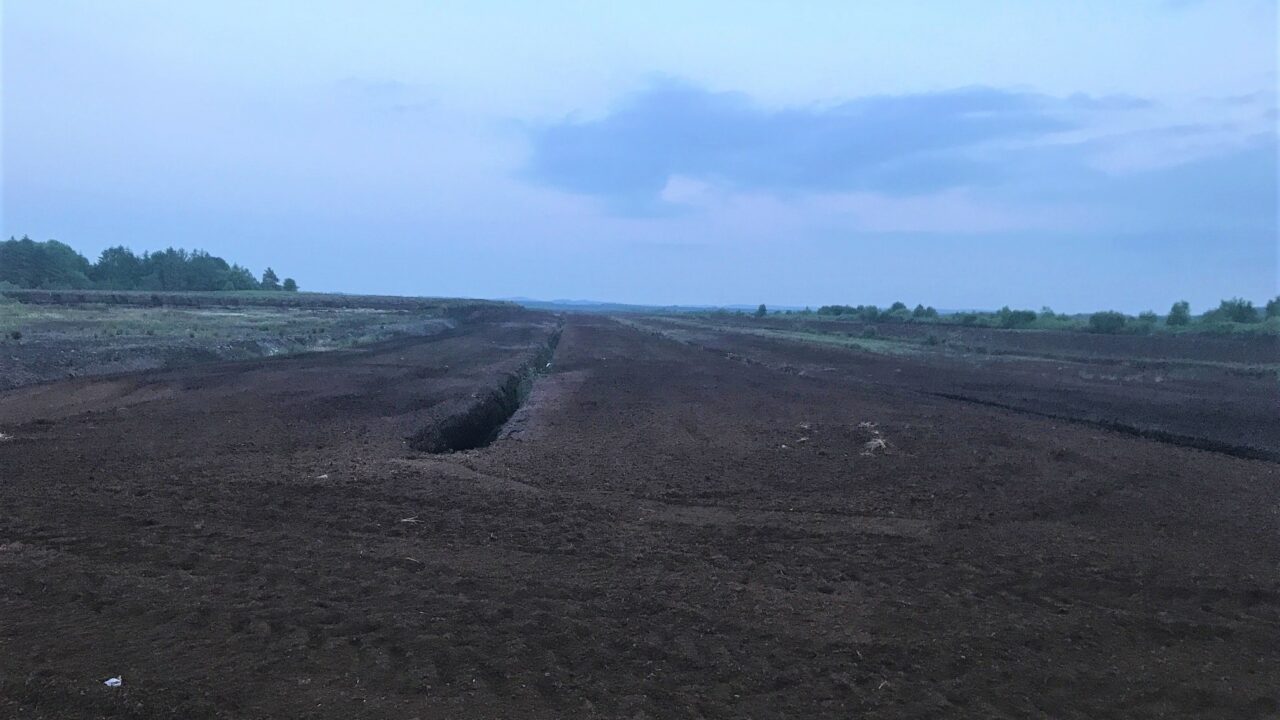The reduced management intensity of drained organic soils is “a new area of work with much uncertainty and complexity, which Ireland will need to pioneer an approach to,” the minister for Agriculture, Food and the Marine has warned.
According to Minister Charlie McConalogue, it is vital that Ireland achieves its environmental goals in order to “safeguard” the agri-food industry, particularly in light of increased global competition.
“With a growing global population, it is critically important that countries like Ireland that can produce quality agricultural products from beef, to cereals to dairy products sustainably continue to produce that food.
“That food production system must also strive to continually reduce emissions as Ireland is doing, as it is an imperative that we retain our green credentials,” he warned.
Land use in Ireland
According to Minister McConalogue, Ireland’s land is currently “a net source of emissions”.
Against this backdrop, the minister said his priority is to ensure that “we continue to make progress with respect to reducing emissions, both from reducing the management intensity on our organic soils, and through achieving our afforestation rates and promoting forest management initiatives”.
But Minister McConalogue has acknowledged that there is a not ‘one size fits all’ approach, that can be taken when it comes to this key issue.
He said there is a level of uncertainty “caused by large data gaps regarding the location of organic soils, the nature of land management and intensity, the drainage location, and status and the level of greenhouse gas (GHG) emissions emitted from these soils”.
Minister McConalogue said: “I have targeted investment in projects to deal with this uncertainty, with the National Agricultural Soil Carbon Observatory seeking to provide a more accurate picture of soil emissions and removals; the RePeat project to provide greater resolution peat soil maps; and two European Innovation Projects, FarmPeat and FarmCarbon, who are working with farmers at farm-level to develop innovative solutions, with learnings already been brought across into the Agri-Climate Rural Environment Scheme (ACRES) scheme.”
But he has also stressed that in his opinion, Ireland cannot achieve climate neutrality “without the land use sector supporting this objective over the decades ahead”.
“Change is not easy and does not come overnight,” Minister McConalogue said.
.
